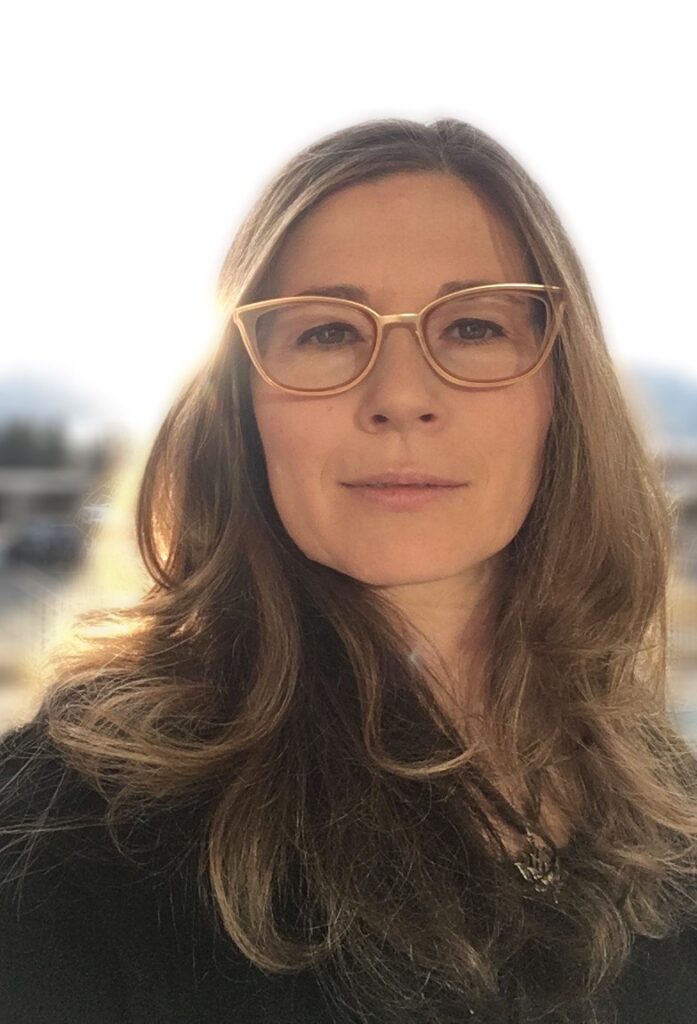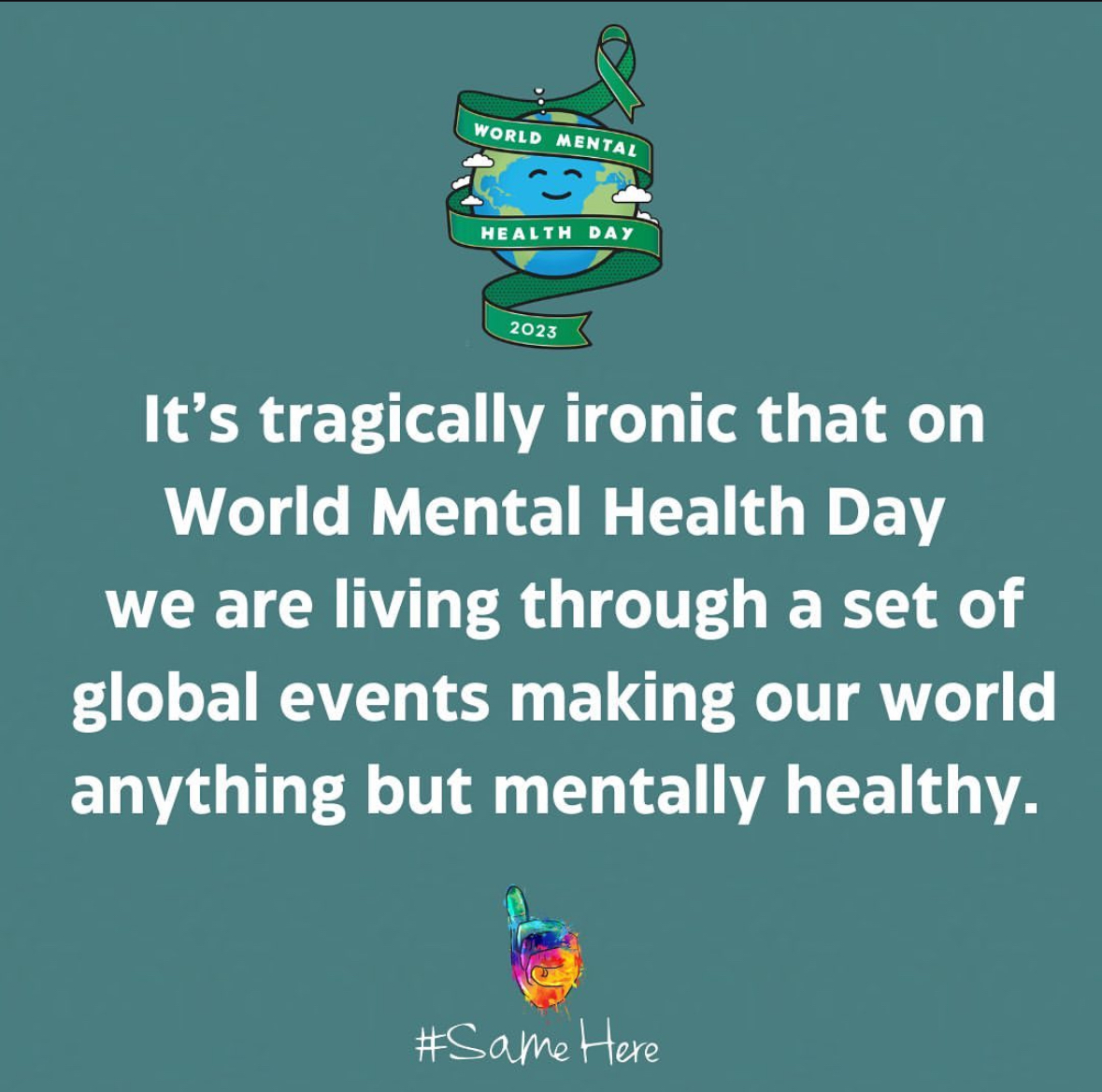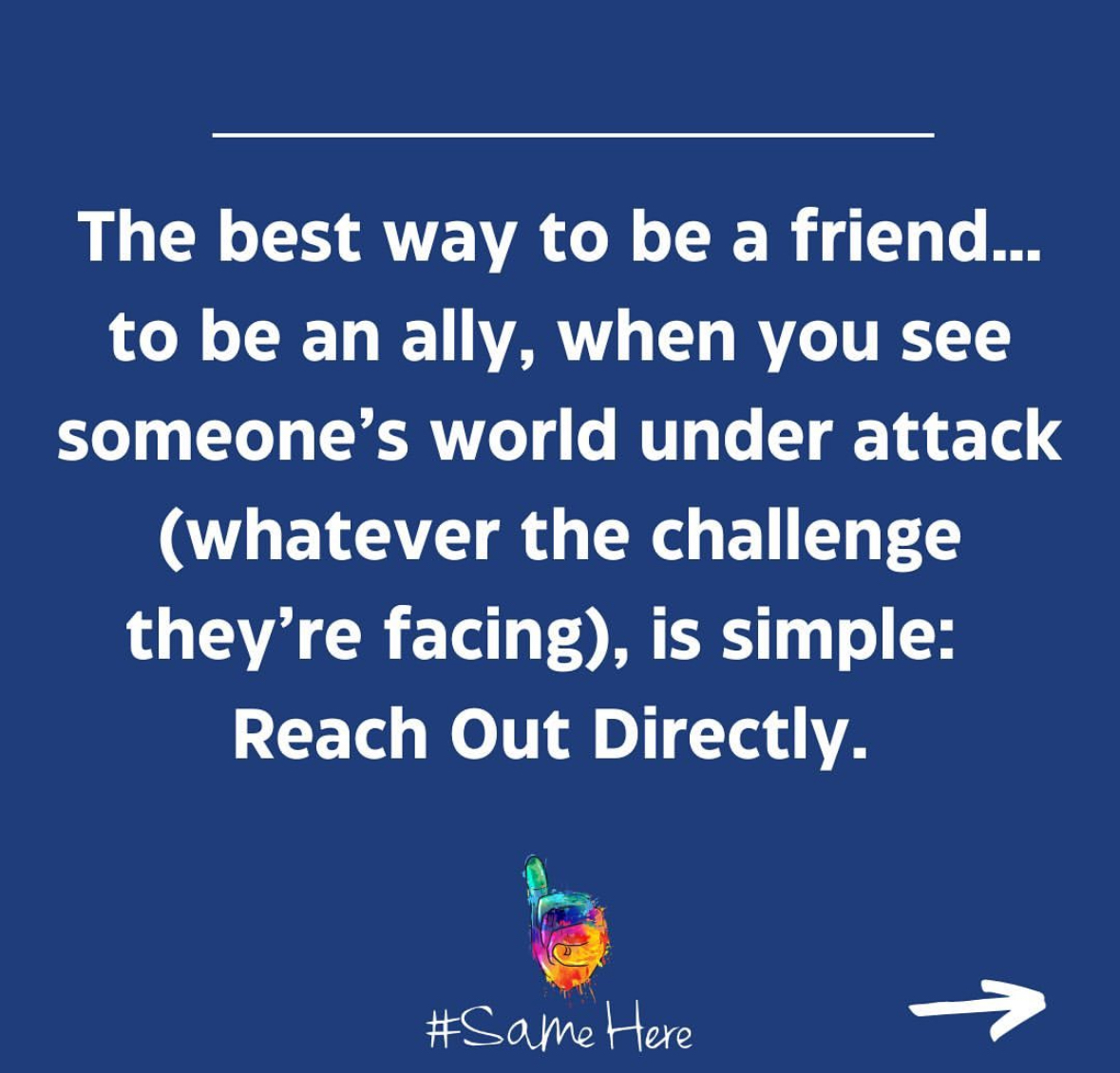My family left Soviet Union when I was 14 years old and came to USA on a refugee status. It was heartbreaking to leave all my friends and family behind not knowing if I would ever get to see them again. Having left all I knew behind, I had to face all the challenges that come with trying to adjust to a completely different culture and learn a new language and a new way of life.
Shortly after landing in Brooklyn, NY I got a letter that my classmate, who was a really close friend of mine, had committed suicide. I was shocked to hear the news. I remember lying awake at night wondering why someone so young would choose to end their life or if I could have done something to help him. These questions would haunt me for years and I read many books on psychology looking for answers.




